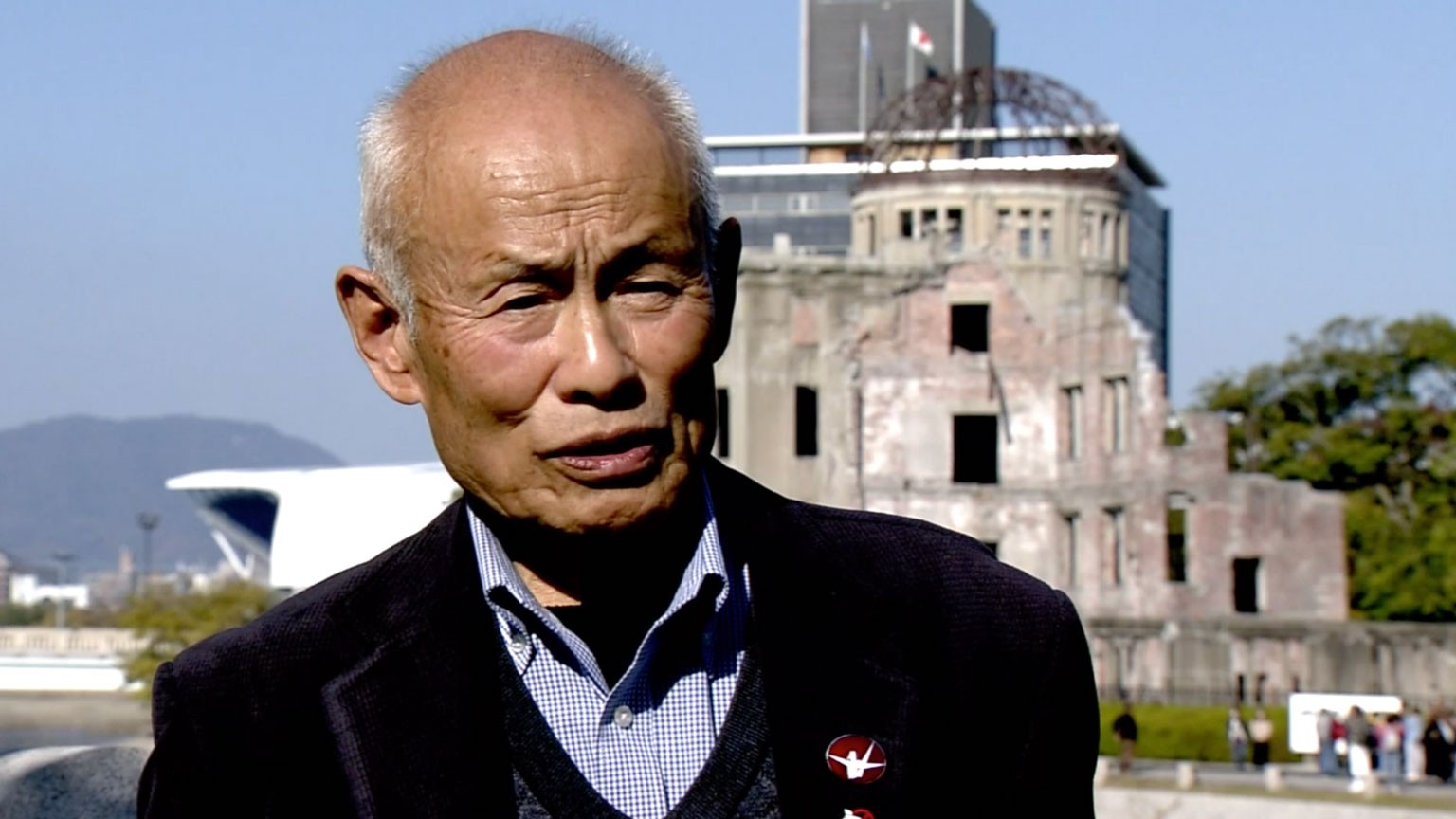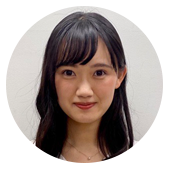The Treaty on the Prohibition of Nuclear Weapons, a legally binding international agreement that comprehensively prohibits nuclear weapons, took effect in January 2021. So far, 69 countries and territories have ratified the treaty, but notable exceptions are the world's nuclear powers and Japan, which is under the United States' nuclear umbrella.
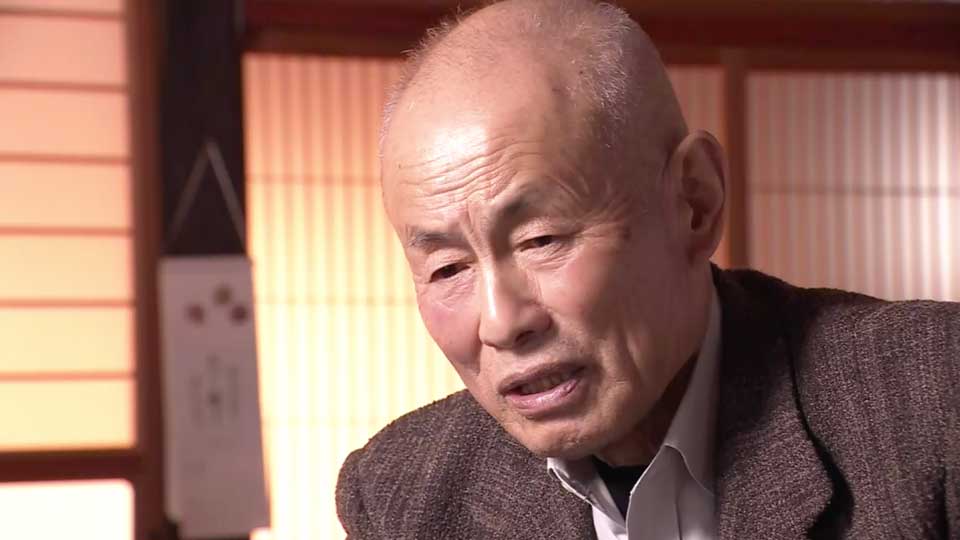
Mimaki Toshiyuki is the 81-year-old co-chairperson of the Japan Confederation of A- and H-Bomb Sufferers Organizations.
He was born in Tokyo in 1942, but moved to his father's hometown near Hiroshima City after the devastating US air raid on the capital in March 1945. The atomic bomb was dropped three months later.
Mimaki was about 17 kilometers away from the epicenter on August 6, but he was exposed to radiation the following day when he went to the city center with his mother to find his father.
The day is etched in his memory. "The devastated area smelled terrible. Nothing is as scary as nuclear weapons," Mimaki says.
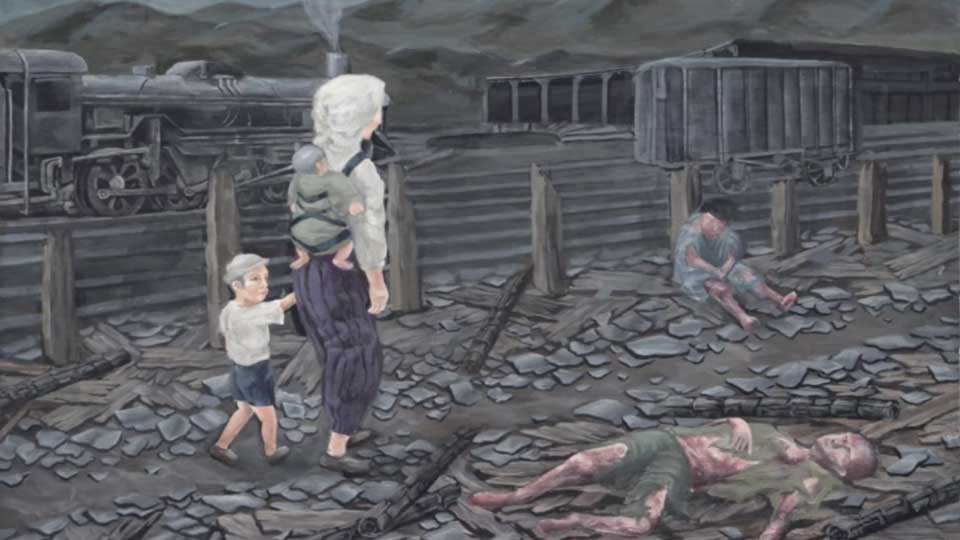
Japan reluctant to join the treaty
Mimaki has been urging the government on behalf of atomic bomb survivors' groups to sign the nuclear ban treaty while continuing to speak out about the Hiroshima bombing.
Expectations for a world without nuclear weapons rose when the treaty took effect two years ago, but the nuclear powers and countries under the nuclear umbrella ― including Japan and NATO members ― have refused to sign it.
Mimaki met with Prime Minister Kishida Fumio in August and called on the government to join the treaty.
Kishida, who represents Hiroshima City in the Diet's Lower House, is a lifelong opponent of nuclear weapons. But he only replied, "The treaty is important, but not a single nuclear power has joined it. How to get nuclear powers involved is Japan's major responsibility as the only country to have been exposed to radiation in war."
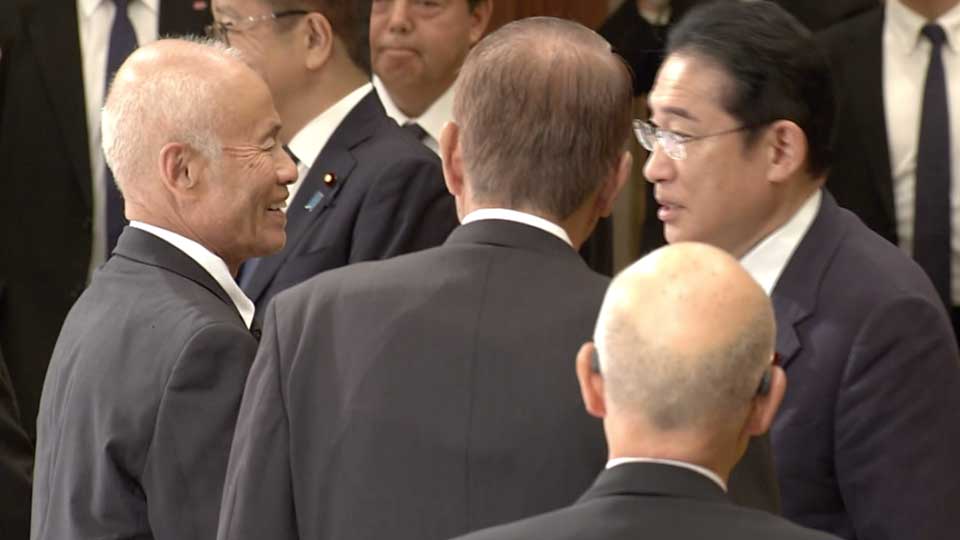
On Wednesday, just before Mimaki left for the US, he called on the Japanese government to take part in the conference.
Mimaki says, "The Japanese government should play a leading role as a country that has suffered atomic bombings."
But he adds that while the government should take action, it unfortunately won't.
Threat of nuclear war is growing
Earlier this year, Russian President Vladimir Putin suspended Russia's participation in the New START nuclear arms reduction treaty with the United States after accusing the US of turning the Ukraine conflict into a global war. This month, he revoked Russia's ratification of the nuclear test ban treaty.
Mimaki fears the threat of nuclear war is growing. He says, "We've been calling for the abolition of nuclear weapons and the realization of permanent peace, but it's hard to make our voices reach across the rest of the world. I feel irritated by that."
But he says he won't give up, noting he still feels the encouragement of his late colleague, Tsuboi Sunao.
Tsuboi was a leading hibakusha advocate who died two years ago. Mimaki says he frequently recalls his favorite phrase, "We will never give up."
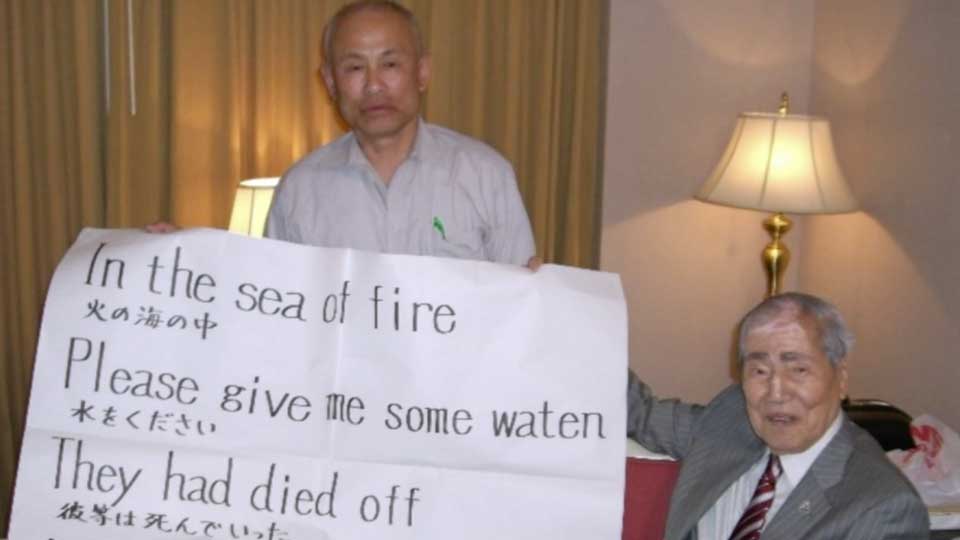
Mimaki says he feels Tsuboi is still telling him "you must not give up."
Last visit to the US
Mimaki says his health is becoming increasingly poor as he ages. He was hospitalized for heart failure in June this year and must take medicine daily. Mimaki thinks his current visit to the US will be his last. He hopes his discussions about the Hiroshima atomic bombing will help convince more countries to ratify the treaty.
"I want to appeal to people about the reality of the atomic bombing," Mimaki says. "I don't want anyone else to have to experience an atomic bombing. I want to strongly appeal to people around the world to eliminate nuclear weapons while we atomic bomb survivors are still alive," he adds.
